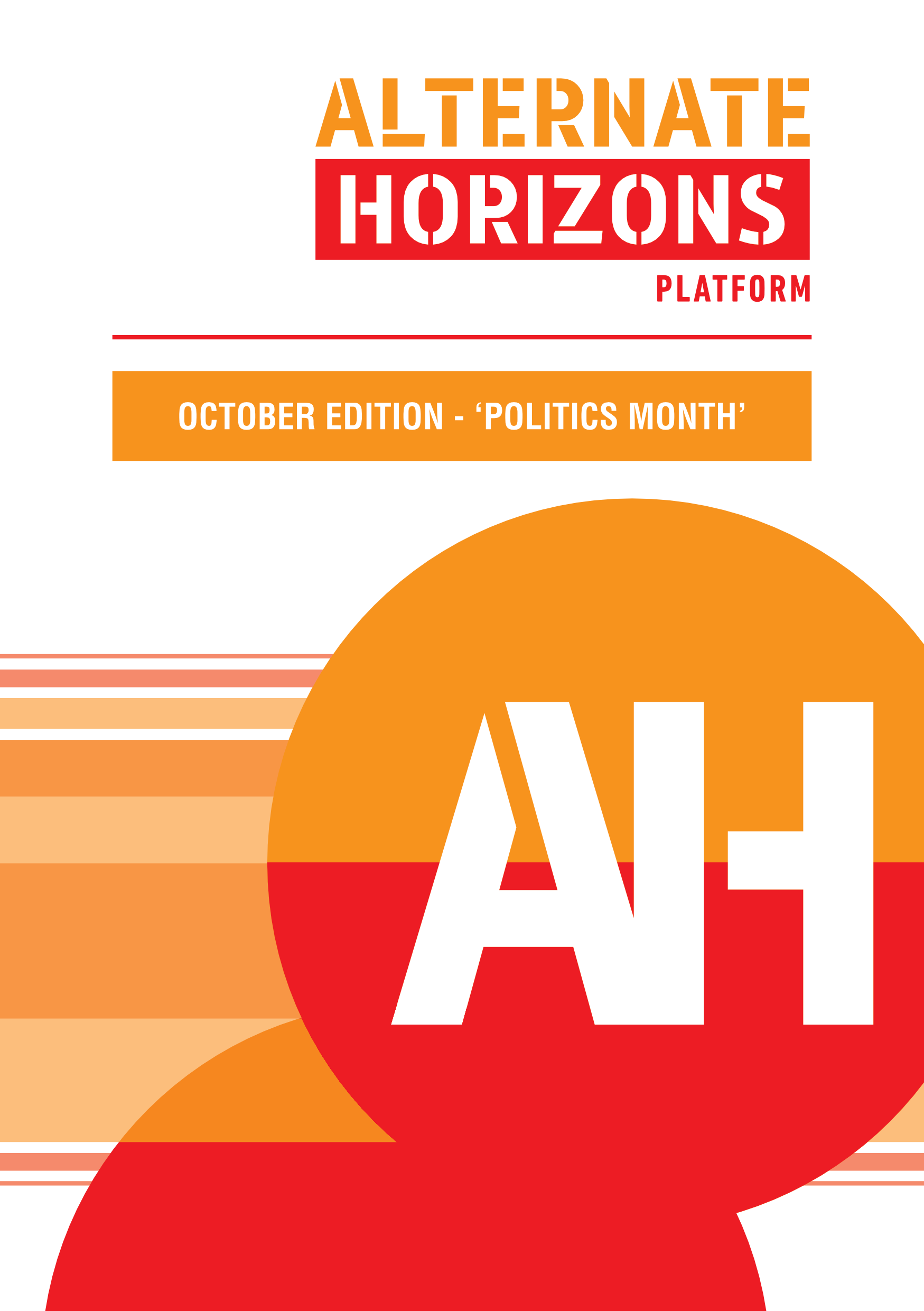States of education, funding, and democracy in Nigeria
DOI:
https://doi.org/10.35293/ah.v7i.3686Keywords:
Education, Funding, Democracy, Nigeria.Abstract
The restoration of democracy in Nigeria, particularly after decades of military dictatorship that began in 1966, has impacted the country’s general growth, including the education system. However, it has grown more difficult to achieve democratic success because various societal qualities are required, particularly in educational development and funding. Citizens can only acquire these qualities through literacy if the country’s education sector is democratized and adequately funded. One of the most significant obstacles to achieving this goal is a lack of financing, a persistent problem in Nigeria, particularly under this democratic government. As a result, there is an increasing number of private educational institutions, and government authorities in charge of education cannot effectively monitor and manage their establishment. However, due to the country’s democratic structure, care must be taken to guarantee that quality is not compromised. Overall, because of its impact on individual and national development, making quality education accessible to all Nigerians should be one of the government’s top priorities. This study aims to examine the current situation of education, funding, and democracy in Nigeria. This is done to better grasp the Nigerian educational system and its finance during the country’s democratic era.


